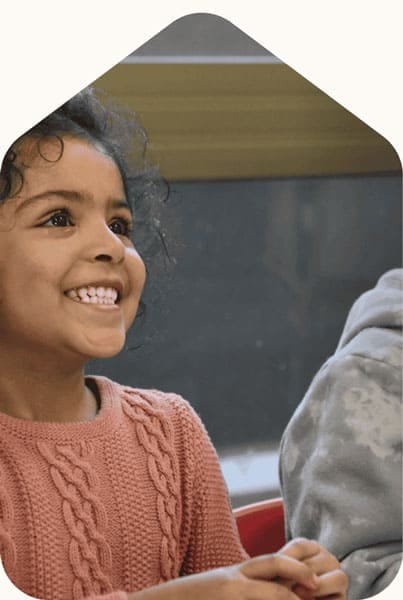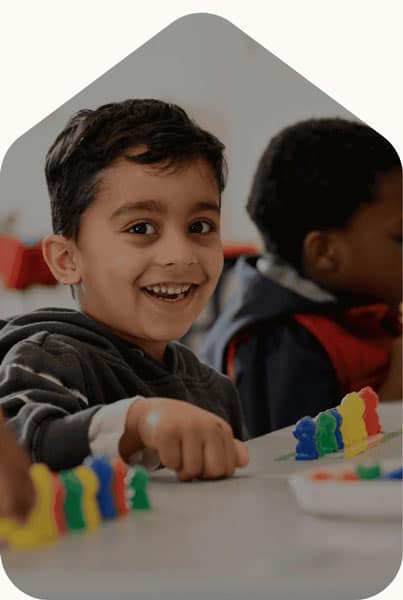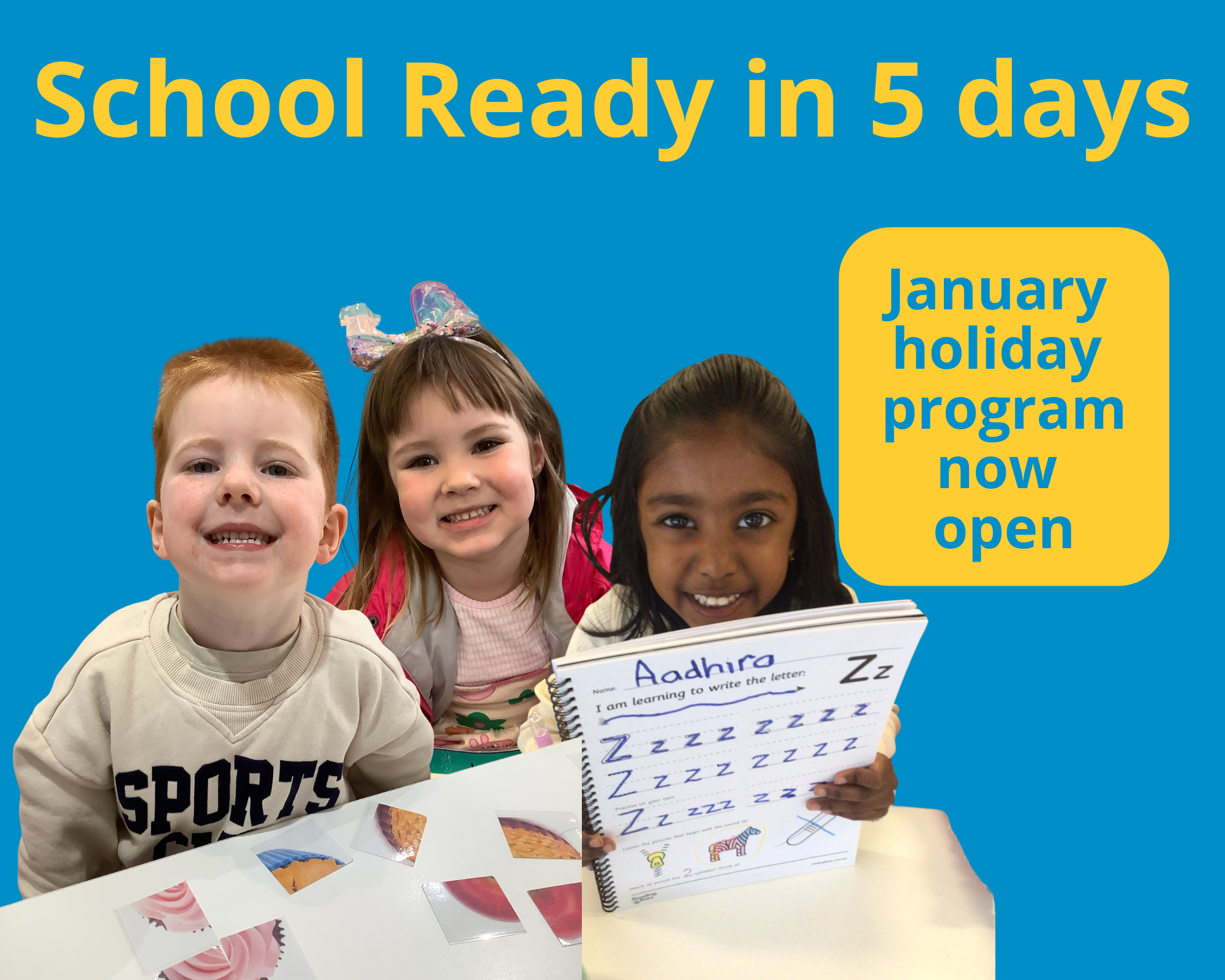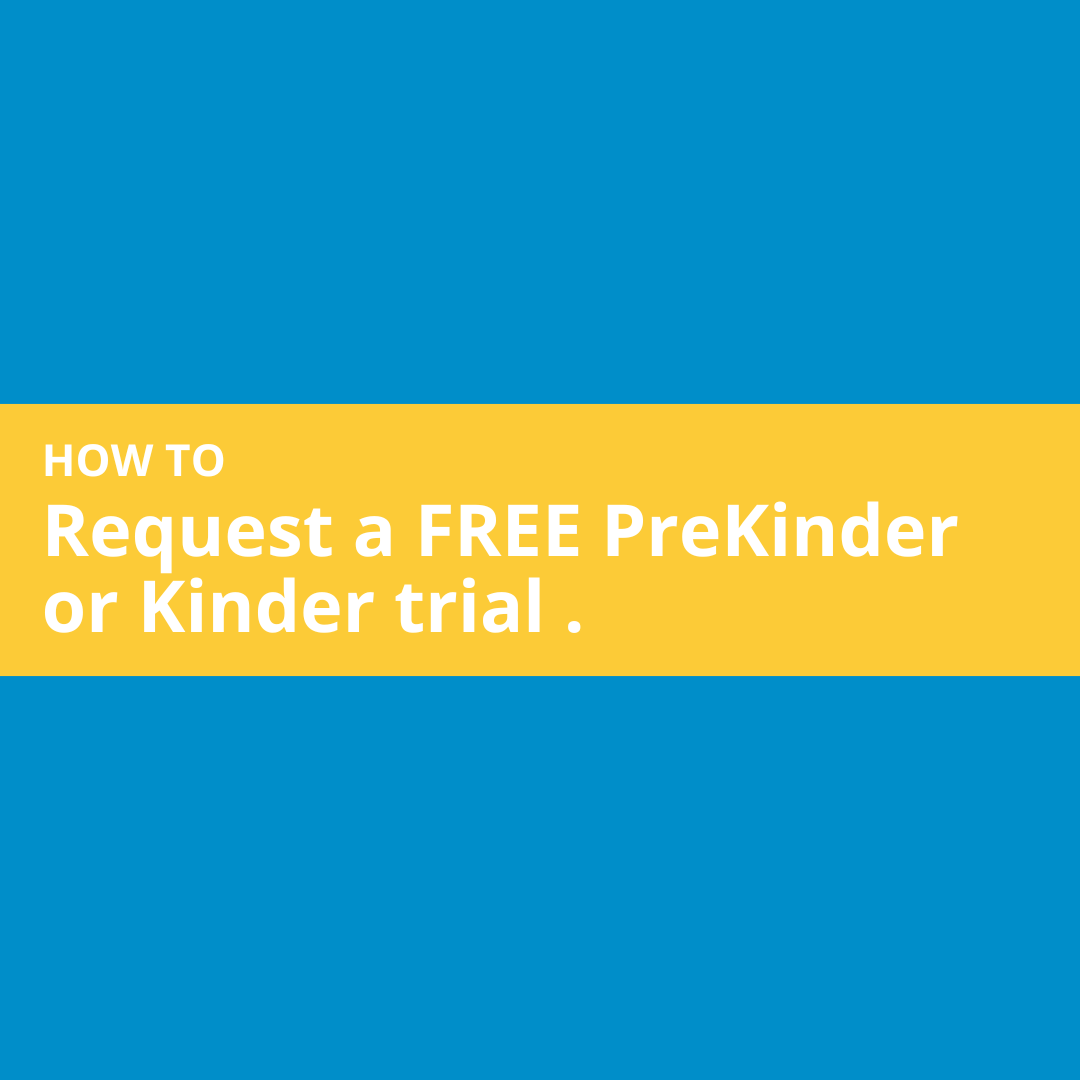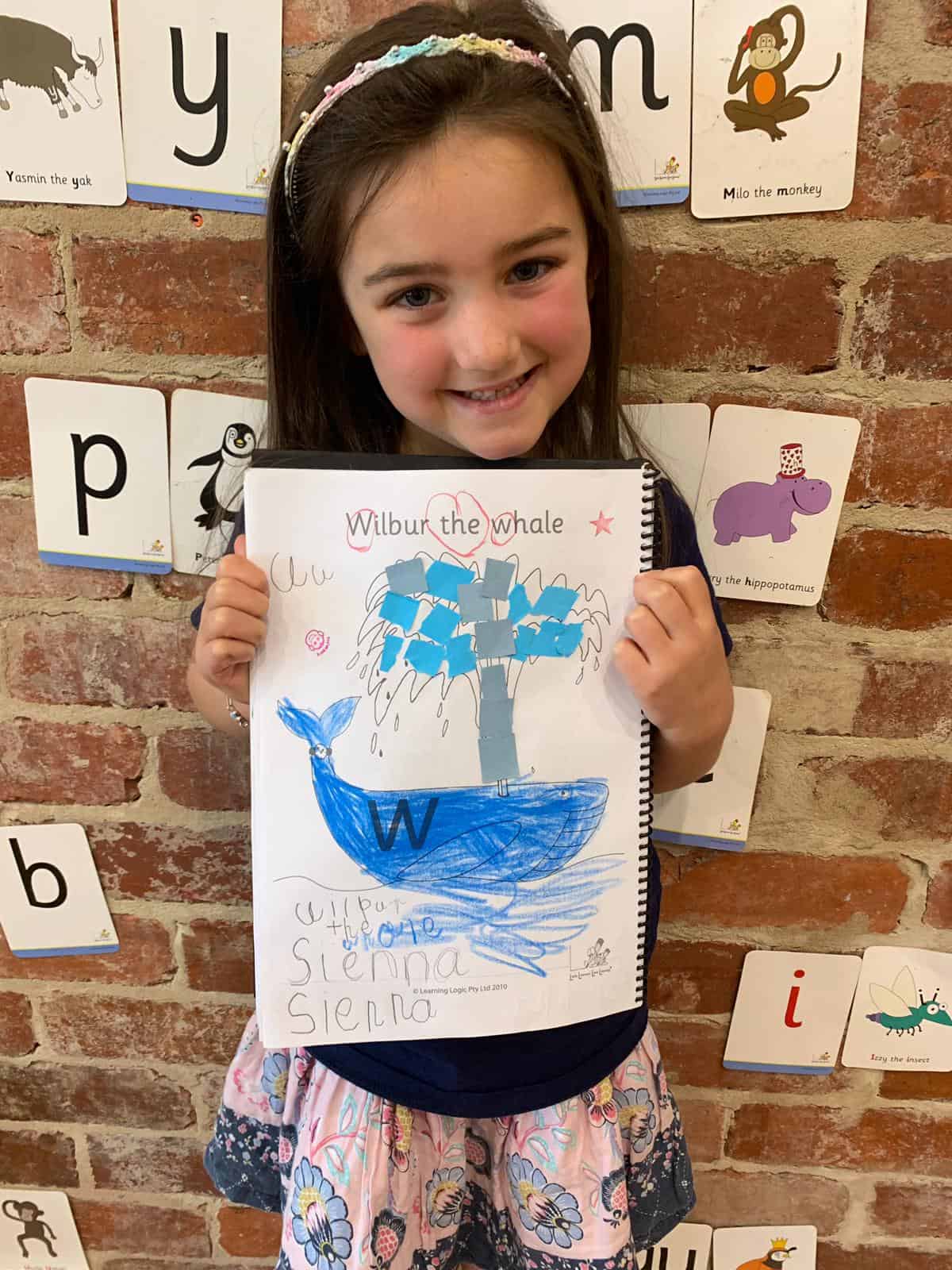
Creating
Confident Learners
Starting children early on the road to literacy is crucial for their development and helps establish a love for learning.
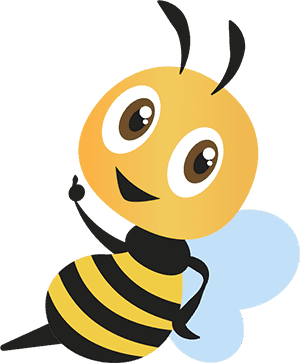



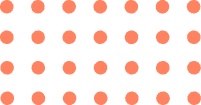



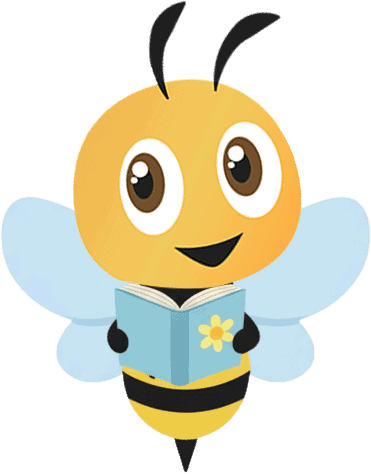
Hi I'm Mel, Owner of Reading Bees
Speech Pathologist & Early Literacy Development Specialist.



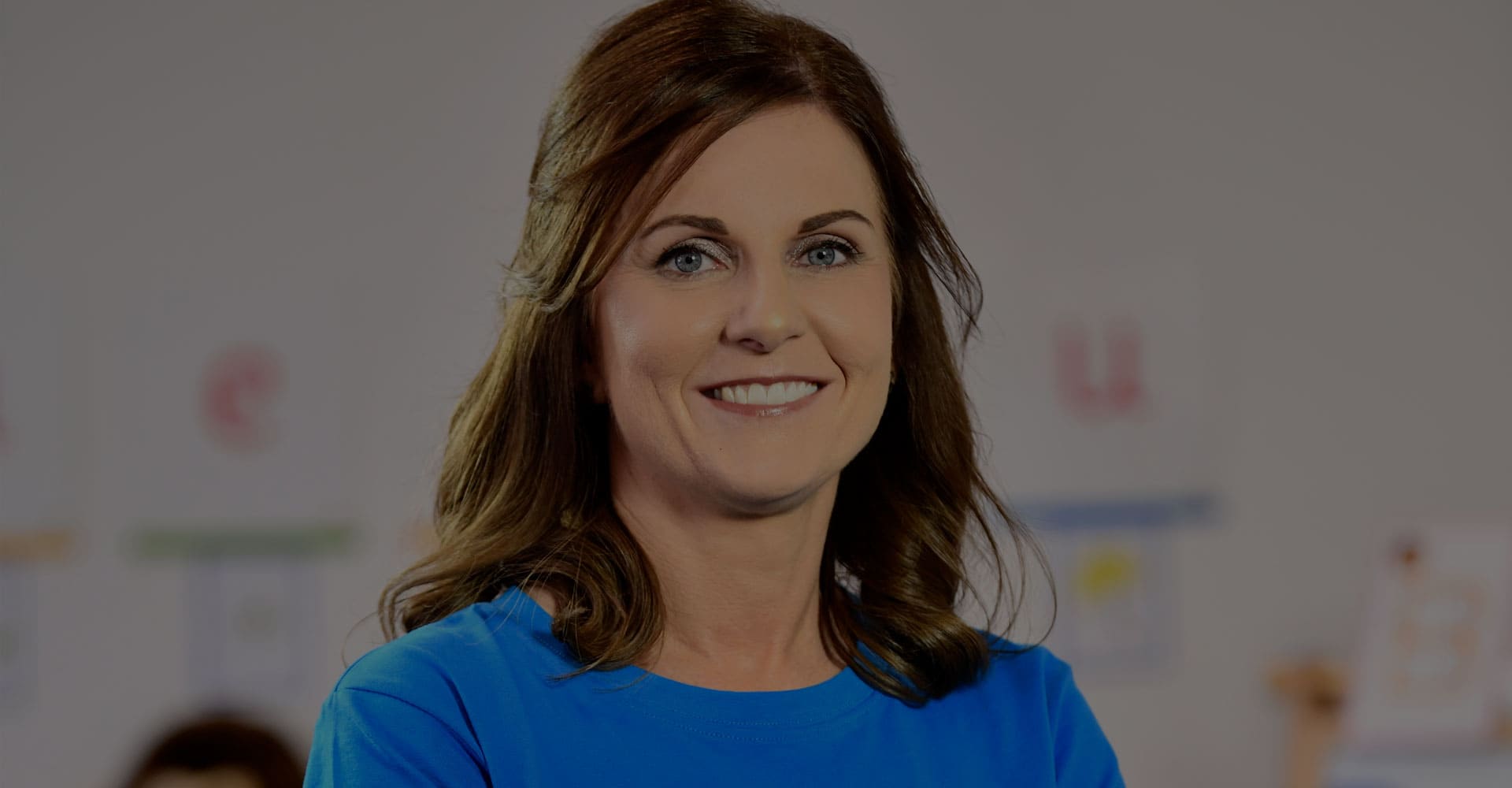





About us
Structured literacy programs for kids aged 3 to 9
Reading Bees is a proven phonics learning program for 3 to 9-year-olds who want a head start on school or need extra help learning to read and spell.
Our qualified educators follow an evidence-based literacy program proven as the most successful way for children to master reading and spelling from an early age.
Since 2013, we've transformed 10,000 children into confident learners. In 2025, 72% of parents rated us "very satisfied."
Our educators are widely praised for their engaging teaching style. Children easily grasp sound-letter relationships. They learn to decode words
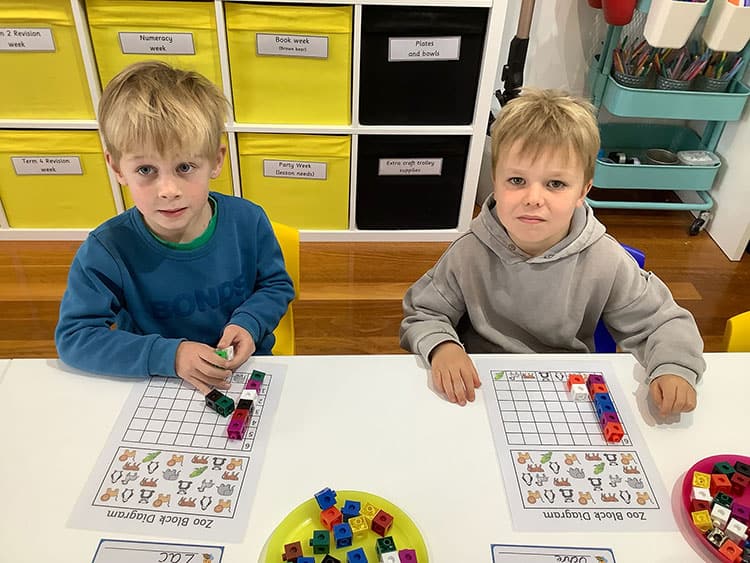
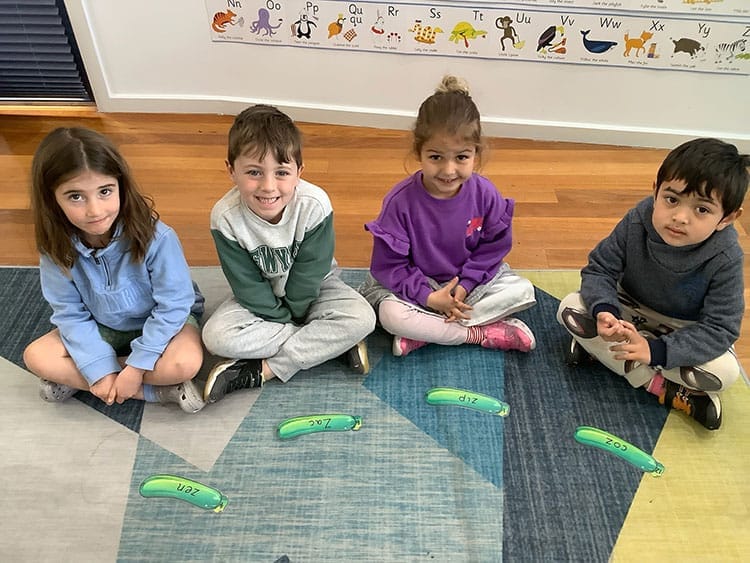
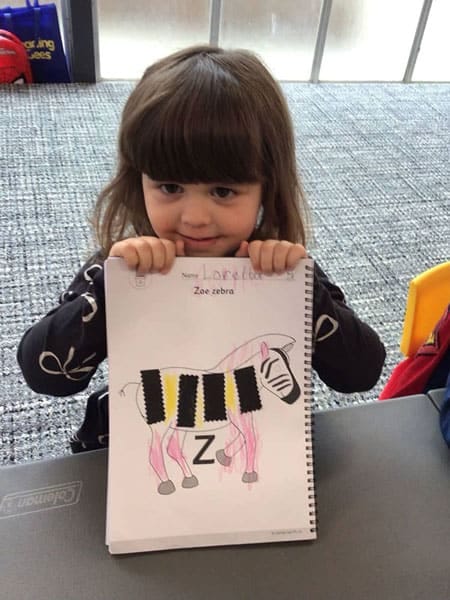
Classes
Our Classes
200+ classes weekly across 8 studio locations. Use the filters to find the best class for your child.
"Reading Bees has been such a great experience. The teachers are kind, patient and encouraging. It has been quite transformative for our son, and his self-confidence has grown enormously. We have loved watching him grow and learn through the program.
Our programs
Proven Phonics Programs for 3 to 9-year-olds.
